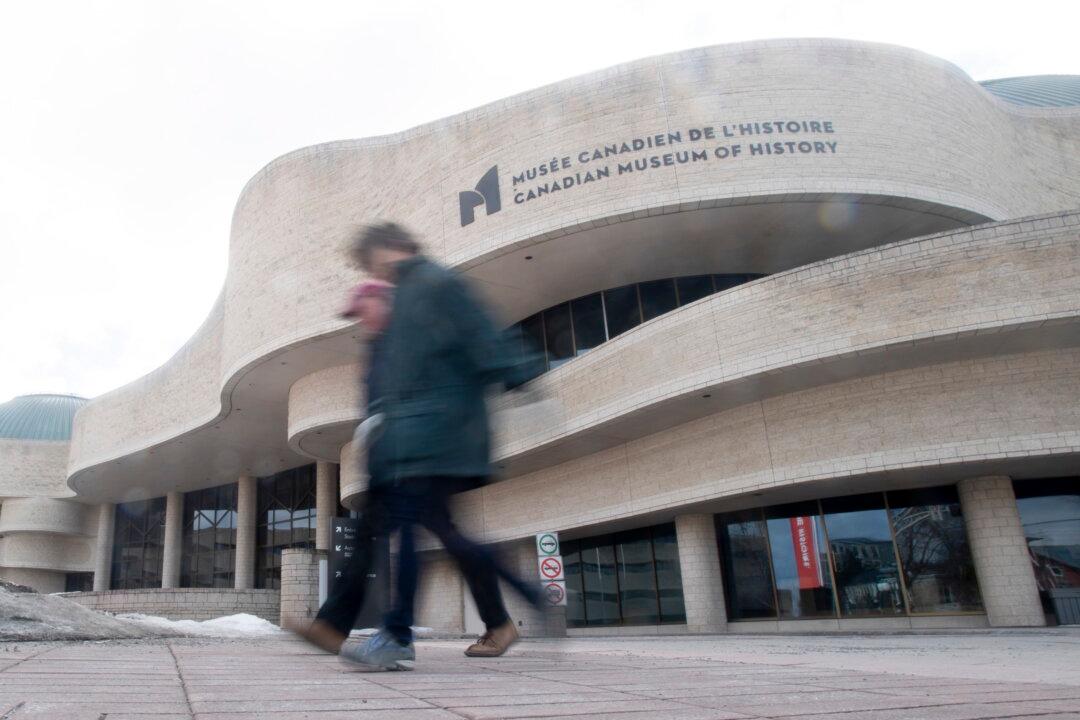A federal department will hire a number of Canadian indigenous advisors to help rewrite Canada’s 1990 museum policy for the purpose of promoting “equity, diversity and inclusion,” according to a report.
“Recognizing the unique challenges and perspectives of Indigenous peoples in relation to their heritage and the historically colonial museum sector, this contract seeks to gather observations and recommendations on issues related to Indigenous heritage,” wrote the Canadian Heritage Department on Jan. 11 in a notice to contractors obtained by Blacklock’s Reporter.





